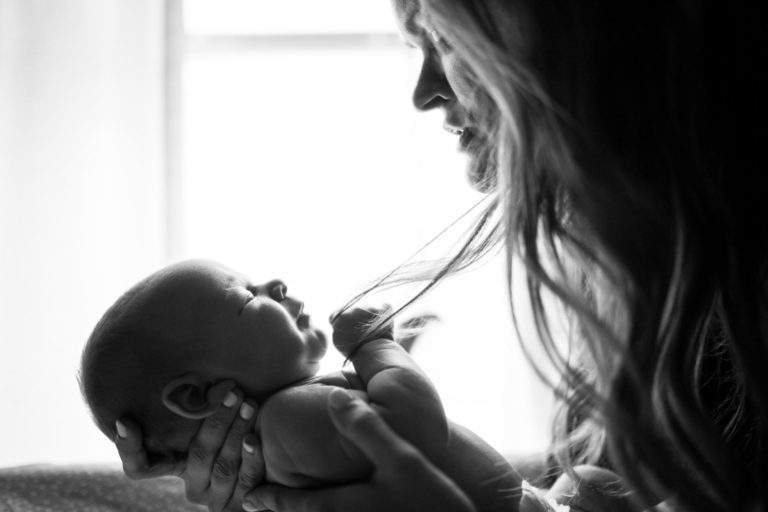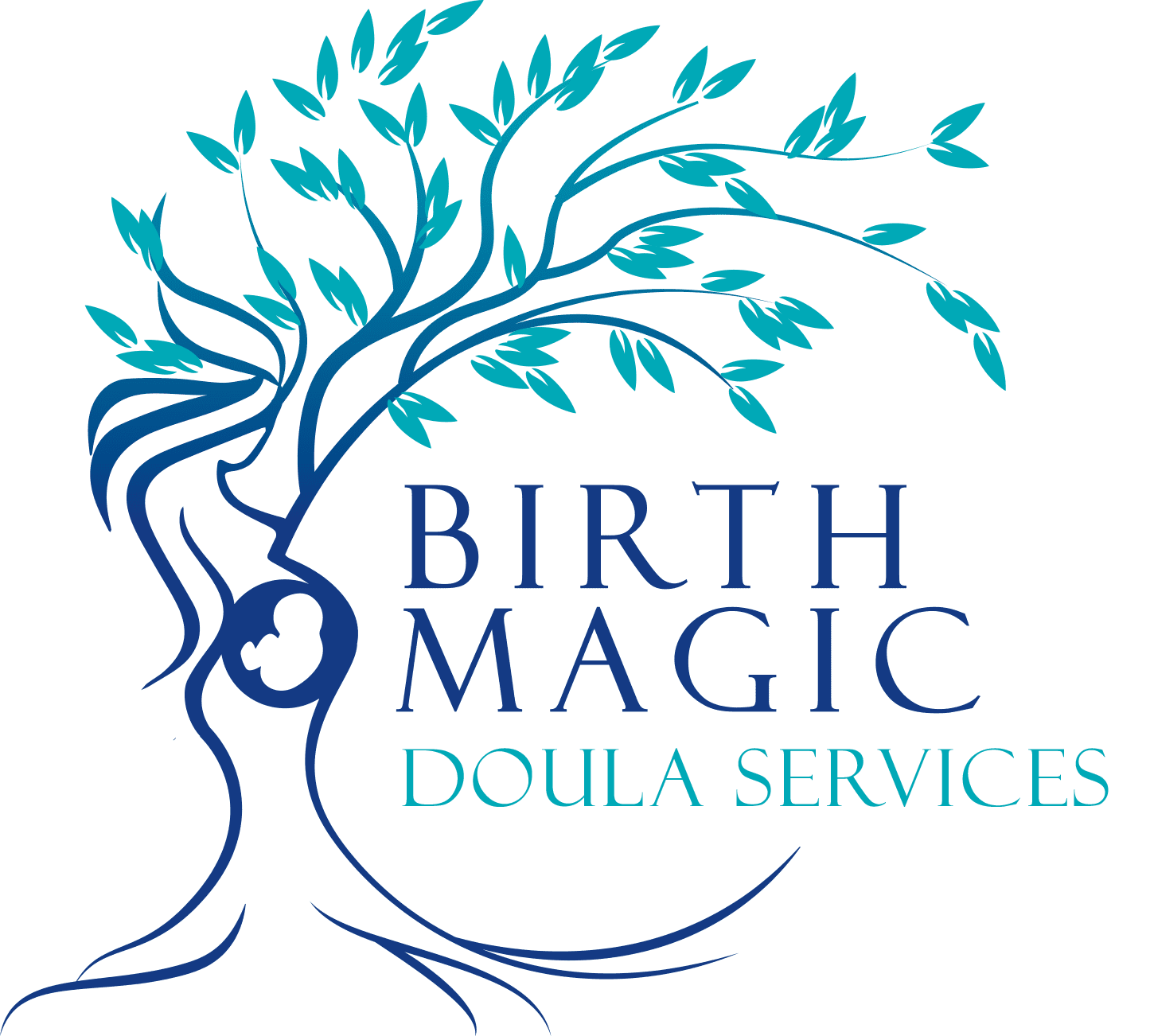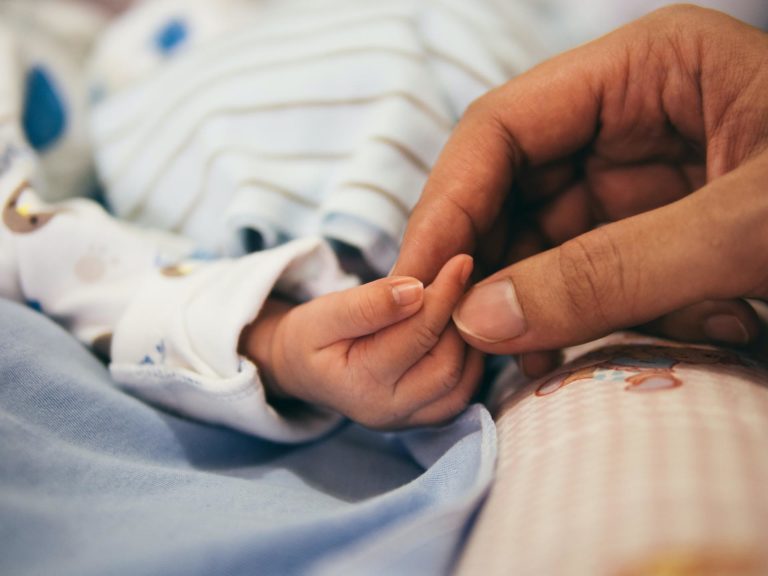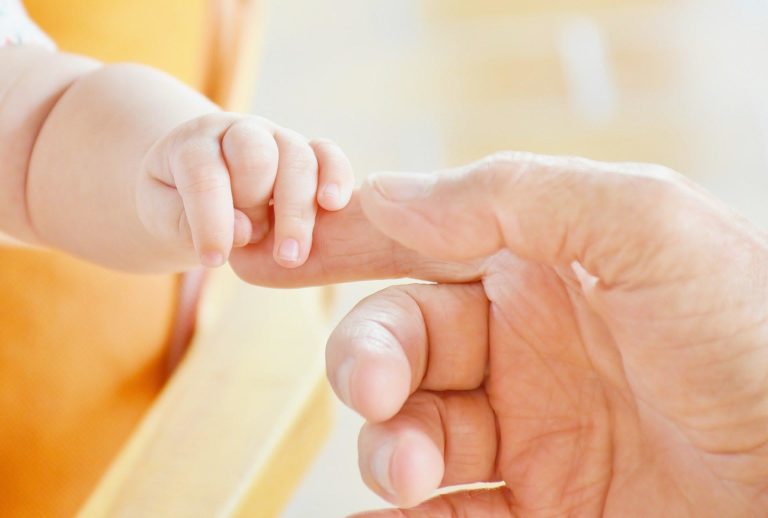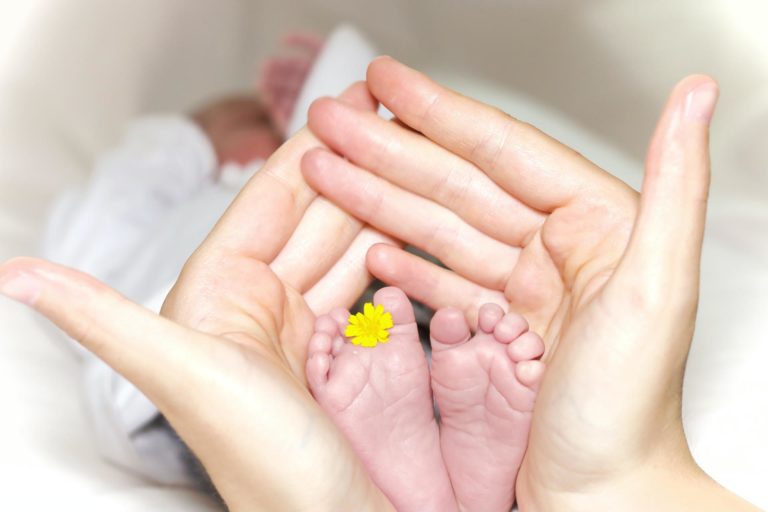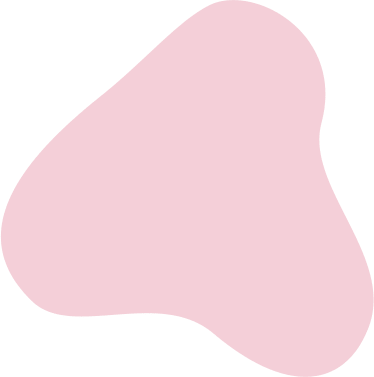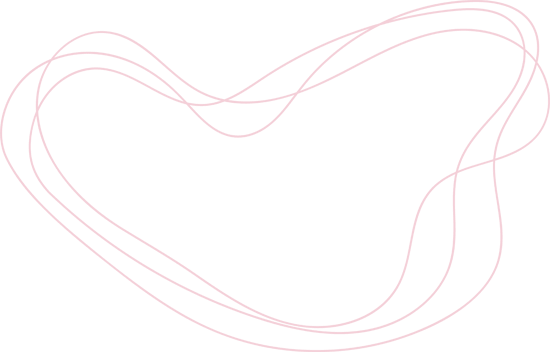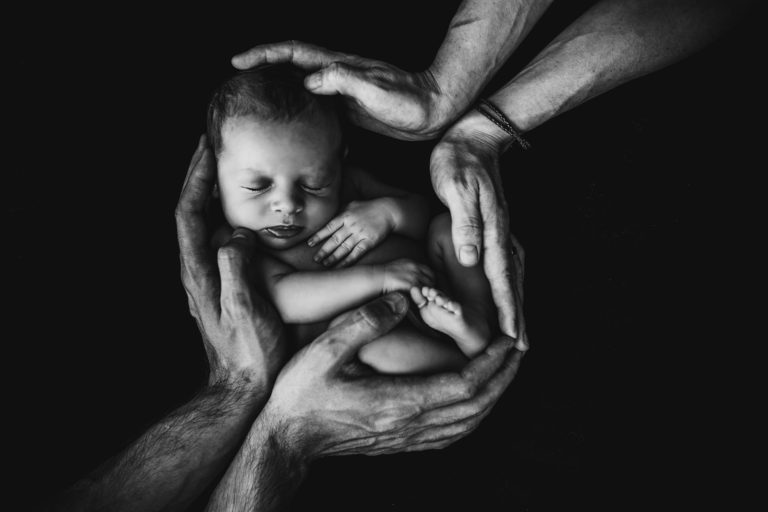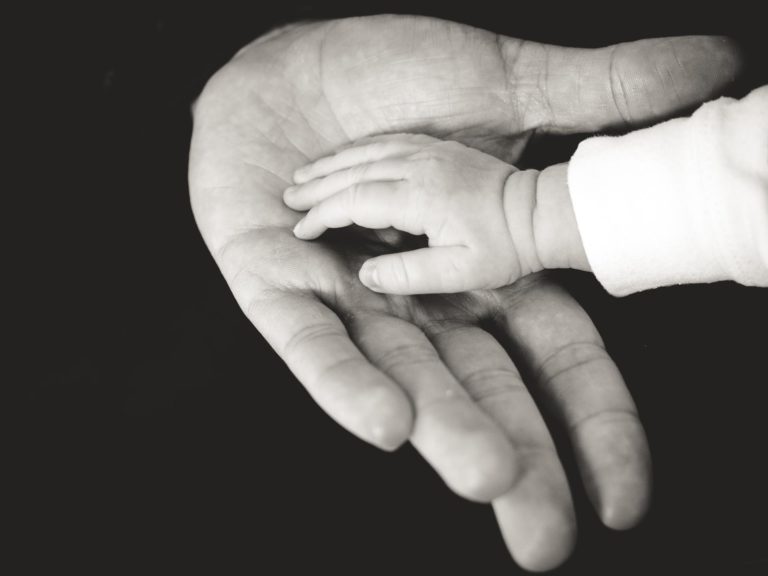Oxytocin
Also known as the love hormone is the primary hormone present during a natural labour. It is involved in lovemaking, orgasm, fertility, labour and birth as well as playing a role in breastfeeding. It helps us to feel good and promotes loving, nurturing behaviours.
During labour, oxytocin promotes good strong uterine contractions and needs to be present for labour to start. The pressure of the baby against your cervix and pelvic floor muscles helps to stimulate the production of oxytocin.
